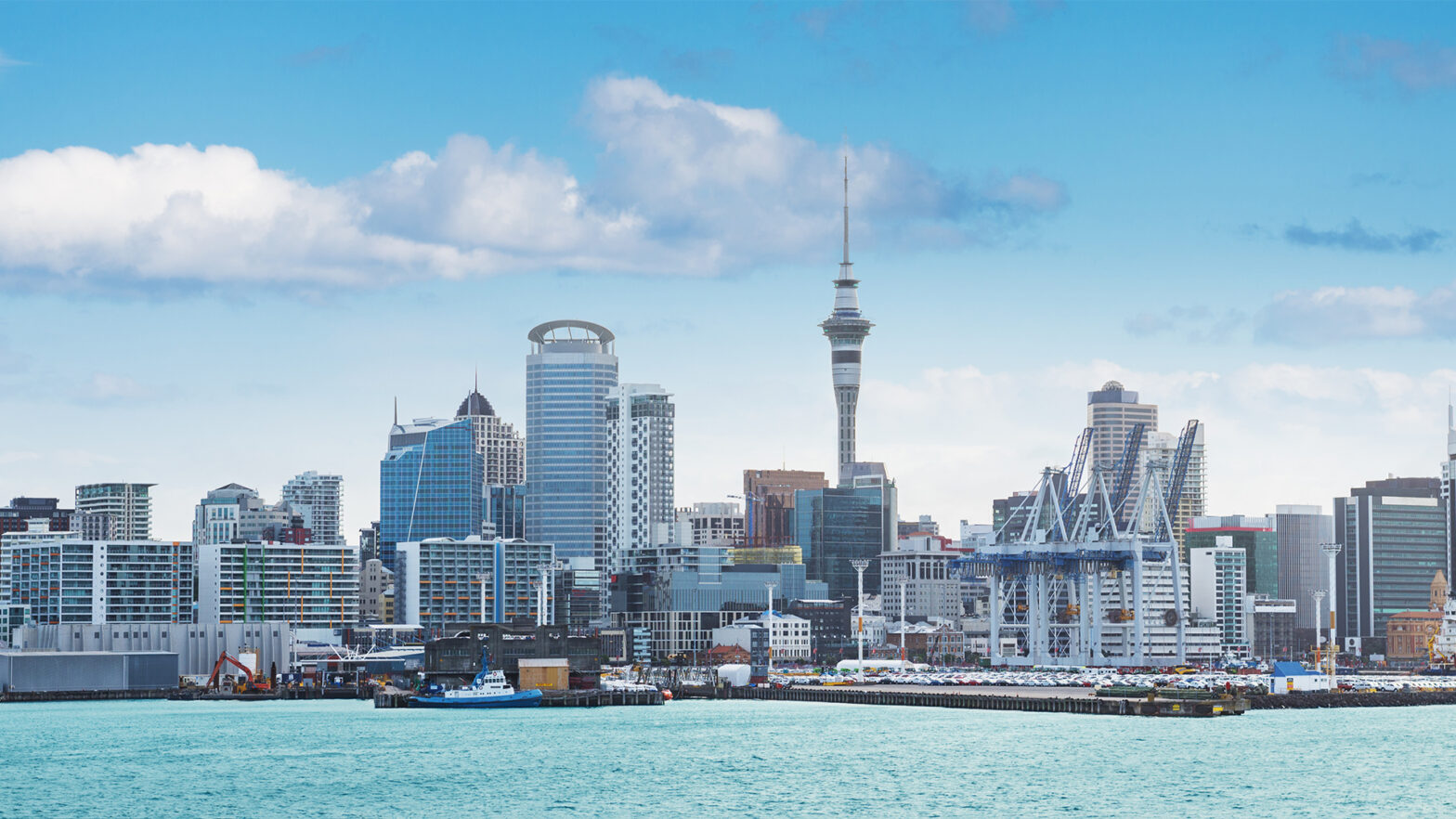
New Zealand has been battered by natural disasters, while global supply chain issues have hurt the isolated island nation more than most
New Zealand’s fledgling centre-right government unveiled a tax-cutting budget for “everyday people” despite a recession and tough economic outlook.
To pay for it, the ruling coalition of Prime Minister Christopher Luxon said it would tighten spending.
Once dubbed a “rock-star economy” for its ability to weather financial crises, the agriculture-dependant economy tipped into recession at the end of 2023.
New Zealand has been battered by natural disasters, while global supply chain issues have hurt the isolated island nation more than most.
“This is a budget for everyday people getting on with their lives,” said finance minister Nicola Willis.
“This is a budget for the squeezed middle of New Zealand — the shift workers, the people working two jobs, the families making sacrifices for their kids,” she said.
The finance minister acknowledged the country’s “very difficult downturn” and the pain of higher interest rates introduced as a result of a cost of living crisis.
“That hurts,” she said.
Willis outlined tax cuts of NZ$3.68 billion (US$2.2 billion) in the next fiscal year to March 31, 2025.
They would be paid for with savings and revenue-raising measures, including cuts to government departments, axing policies of the previous Labour government, and raking in money from an emissions trading scheme.
‘Clean-up job’
“This year’s budget is the clean-up job New Zealand needs after six years of economic mismanagement,” the finance minister said.
Since being elected last October, the coalition government has slashed spending.
Around 5,000 jobs have so far been cut across the public sector, a subsidy scheme for environmentally friendly electric vehicles has been ditched and funding for free school lunches has been wound back.
The budget “attempts to balance election promises of tax relief against the practicalities of a slowing economy still grappling with elevated inflation,” said a report by credit rating agency S&P Global Ratings.
At the centre of the budget was NZ$14.7 billion of tax cuts over four years — equal to 3.6 percent of economic output.
Those measures included allowing people to deduct mortgage interest on investment properties, and changes to income tax thresholds, the rating agency said.
‘Dark day’
Duane Leo, national secretary of the Public Service Association, said it was “a dark day”.
“The government has made a choice that tax cuts for landlords and higher income earners are more of a priority than the quality public services which underpin a thriving economy,” Leo said.
The government forecast a budget deficit of NZ$11 billion in the financial year ahead, rising to NZ$13.4 billion the following year.
But the finance minister said the government intended to return the budget to surplus in the 2027-28 financial year.
Economic growth is expected to be “subdued” this year, with household budgets under pressure from eroding wages and declining house prices, the government says.
One area that escaped cuts was defence with NZ$571 million (US$351 million) having already been earmarked in a pre-budget announcement to upgrade equipment and boost pay for military staff.
The New Zealand Defence Force has a history of struggling to retain its personnel, currently around 15,000.




























